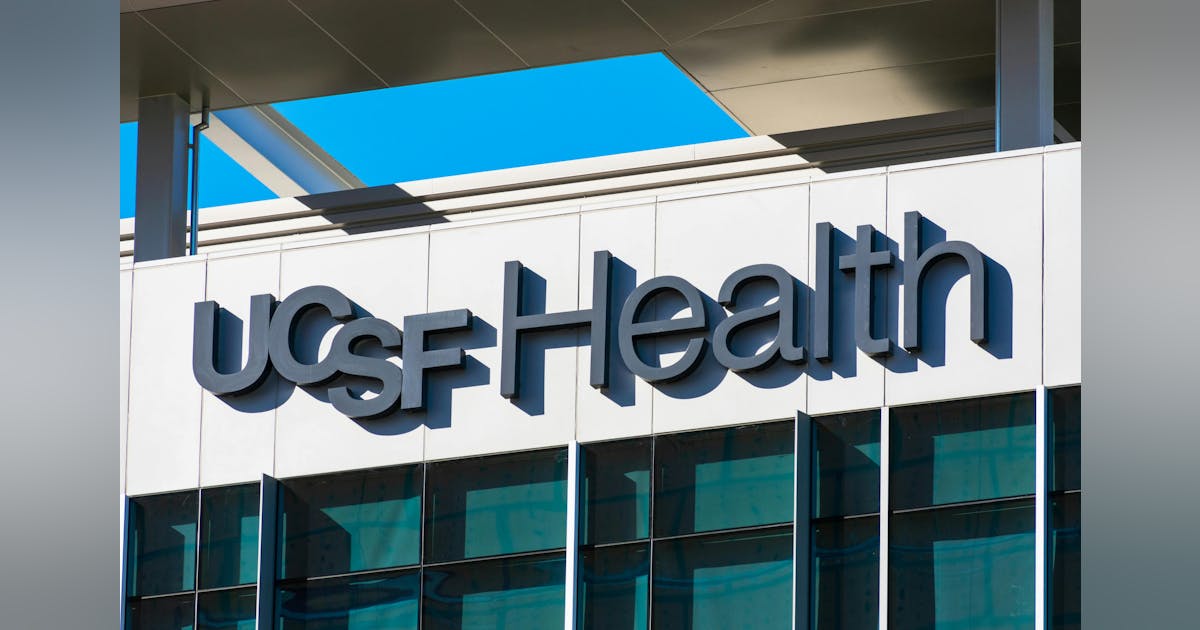Mitra, former head of Tech Mahindra’s India business, resigns to establish AI startup | Start Ups
Former Tech Mahindra India Business Head Jagdish Mitra Sets Up AI Startup with Proposed Initial Investment of Rs 65-80 Crore
Former Tech Mahindra India business head Jagdish Mitra has announced the launch of an AI startup with a proposed initial investment of Rs 65-80 crore. The startup is set to begin operations within the next three months, focusing on value proposition and the use of AI to enhance productivity.
Mitra, who recently left Tech Mahindra, shared his vision for the new venture, emphasizing the shift from a cost-driven to a value-driven proposition. He highlighted the importance of delivering value in factory output and the need for industries to adopt AI for productivity enhancement.
The startup, which will operate in the manufacturing, retail, and sportstech sectors, aims to offer solutions that provide tangible outcomes and value to its customers. Mitra stressed the significance of collaboration and sharing in the value of AI models’ outcomes, rather than focusing solely on the cost of resources.
With a focus on short language models and a commitment to delivering value, Mitra’s firm plans to target companies with less than USD 2 billion in revenue, utilizing a SAAS (software as a service) approach to reach the market effectively.
As the tech industry continues to evolve, Mitra’s AI startup represents a forward-thinking approach to leveraging technology for value creation and productivity enhancement. Stay tuned for more updates on this exciting new venture.



